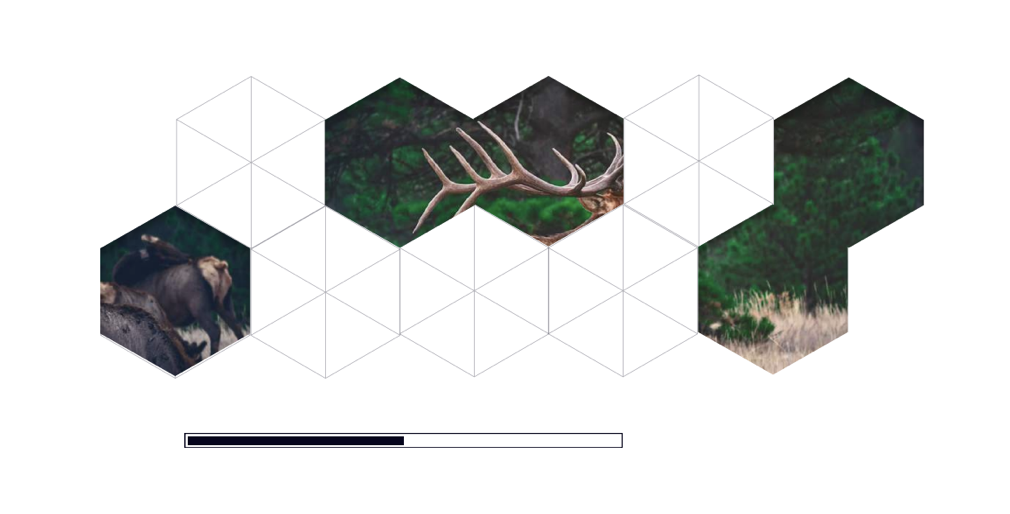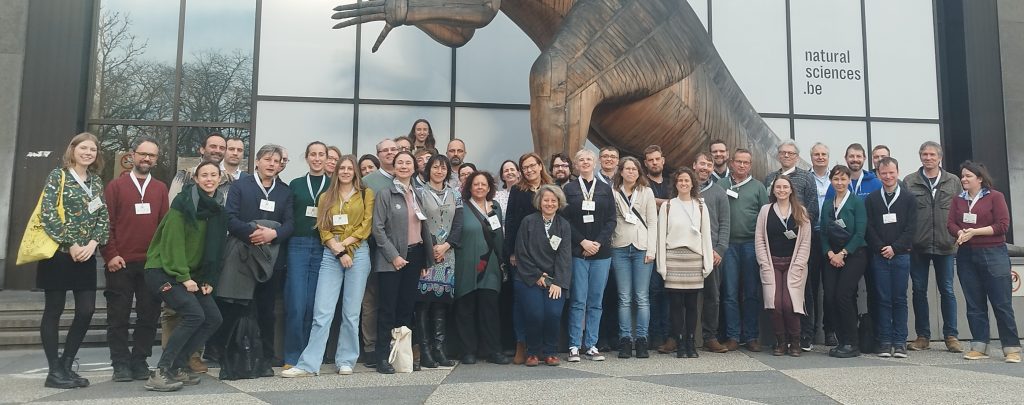TETTRIs has passed its half-way point, marking 18 months of progress. This collaborative project, involving 17 partners, is running smoothly, with all participants actively engaged. The 10 work packages have already produced significant deliverables and achieved key milestones, with more to come. So, what can we expect in the coming months?

Upcoming events
In November 2024, a stakeholder roundtable will be held at the Wien House in Brussels. Building on the success of the first two stakeholder labs, this event aims to connect taxonomy experts with business leaders. By fostering dialogue and collaboration, the roundtable seeks to bridge the gap between research and the current economic and industrial challenges.
The second All-hands meeting is set for January 2025, marking the two-year anniversary of TETTRIs’ launch. This event will bring together consortium members to showcase the milestones and deliverables achieved in each work package, align their ongoing efforts, and outline plans for the months ahead. It will be a pivotal moment to reflect on progress, share insights, and strategize for the future.

Future goals
TETTRIs aims to sustain and transfer taxonomic knowledge to stakeholders through various initiatives. An upcoming knowledge transfer platform will facilitate connections between researchers and citizens through round table events and workshops, enhancing public understanding and appreciation of taxonomy.
Another key goal of TETTRIs is to elevate the taxonomist profession, which is facing a growing shortage of resources and is often underappreciated by society. The project aims to recruit new taxonomists, ensure the effective distribution of professionals to meet global needs, and provide additional training for those already in the field. To address these challenges, TETTRIs plans to launch a marketplace for taxonomic services and expertise. The Consortium is organizing a feedback session to gather input from potential users, ensuring the tool’s usefulness. This online event, scheduled between autumn and spring, will be a valuable platform for biodiversity researchers to access essential resources.

